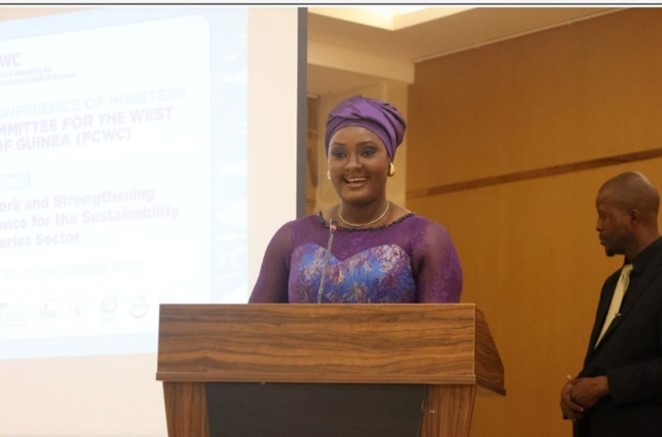A high-level Egyptian aquaculture delegation is scheduled to arrive in Liberia on January 22, 2025, to conduct a comprehensive needs assessment of the country’s aquaculture sector. This visit is a direct outcome of a Memorandum of Understanding (MoU) signed in 2024 between Liberia and Egypt, focusing on technical cooperation in fisheries governance, monitoring, control, surveillance, and aquaculture development. The delegation, representing the Lake and Fish Resources Protection and Development Agency of Egypt, will embark on a week-long tour of various aquaculture facilities across seven Liberian counties: Bomi, Grand Cape Mount, Montserrado, Margibi, Bong, Numba, and Lofa. This assessment will lay the groundwork for developing a national aquaculture strategy for Liberia.
The Liberian Director General of the National Fisheries and Aquaculture Authority, Emma Metieh Glassco, emphasized the significance of this collaboration. The partnership aims to leverage Egypt’s extensive experience in aquaculture to bolster Liberia’s nascent sector. This knowledge transfer is crucial for Liberia’s strategic approach to aquaculture development and aligns with the broader objectives of the MoU, which include enhancing fisheries governance, facilitating trade, and fostering collaboration between the private sectors of both nations. The MoU underscores a commitment to sharing technical expertise and building institutional capacity in aquaculture within Liberia.
The Egyptian delegation, composed of experts in aquaculture, fisheries, and veterinary affairs, will conduct site visits to key locations such as Bong Mines Reservoirs, Lake Piso, Gbedin Lowland, and Foyah Lowland. These visits will provide a practical understanding of the existing infrastructure and practices employed in Liberia’s aquaculture ventures. Beyond physical assessments, the delegation will engage in stakeholder consultations. These consultations will involve discussions with a diverse group of participants, including donors, farmers, representatives from tertiary institutions, and other stakeholders across the aquaculture value chain. This participatory approach ensures a holistic understanding of the current state of aquaculture in Liberia and allows for the identification of future interventions.
A crucial element of the assessment involves scrutinizing aquaculture management areas identified during a 2024 zoning and spatial planning exercise conducted under the Liberia Sustainable Management of Fisheries Project. This analysis will contribute to a more informed and strategically sound development plan for the sector. By examining existing aquaculture zones and their potential, the assessment can recommend adjustments or expansions to optimize resource utilization and minimize environmental impact. The information gathered will directly inform the development of the national aquaculture strategy.
The overarching goal of this collaboration, and the driver behind the MoU, is to develop a comprehensive national aquaculture strategy for Liberia. This strategy will serve as a roadmap for future investments in the sector, outlining short-term, medium-term, and long-term objectives. It will also address the critical issue of the fish deficit in Liberia’s domestic market. By boosting domestic fish production through a well-structured aquaculture sector, Liberia aims to enhance food security and reduce its reliance on imported fish. This strategy will play a pivotal role in guiding Liberia’s efforts to develop a sustainable and thriving aquaculture sector.
The collaboration between Liberia and Egypt represents a significant step towards building a robust and sustainable aquaculture sector in Liberia. By leveraging Egypt’s expertise and resources, Liberia can develop a tailored strategy to address its specific needs and challenges. The upcoming needs assessment is a crucial step in this process, providing valuable insights that will shape the future of Liberian aquaculture. The focus on stakeholder engagement and the comprehensive nature of the assessment demonstrate a commitment to building a sustainable and inclusive aquaculture sector that benefits both the economy and the people of Liberia. The collaboration promises not only to enhance domestic fish production and address food security concerns but also to stimulate economic growth and create employment opportunities within the aquaculture value chain.














